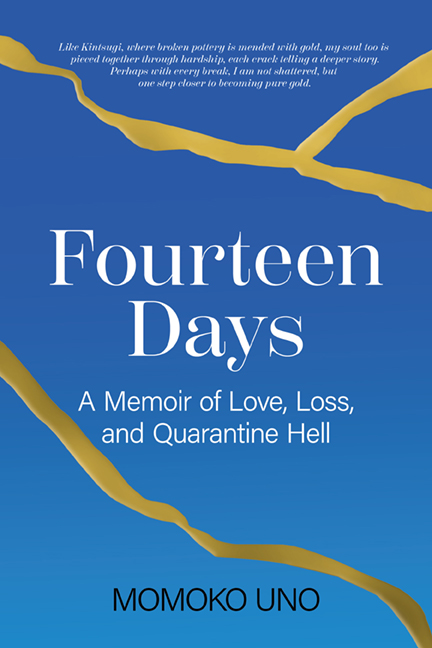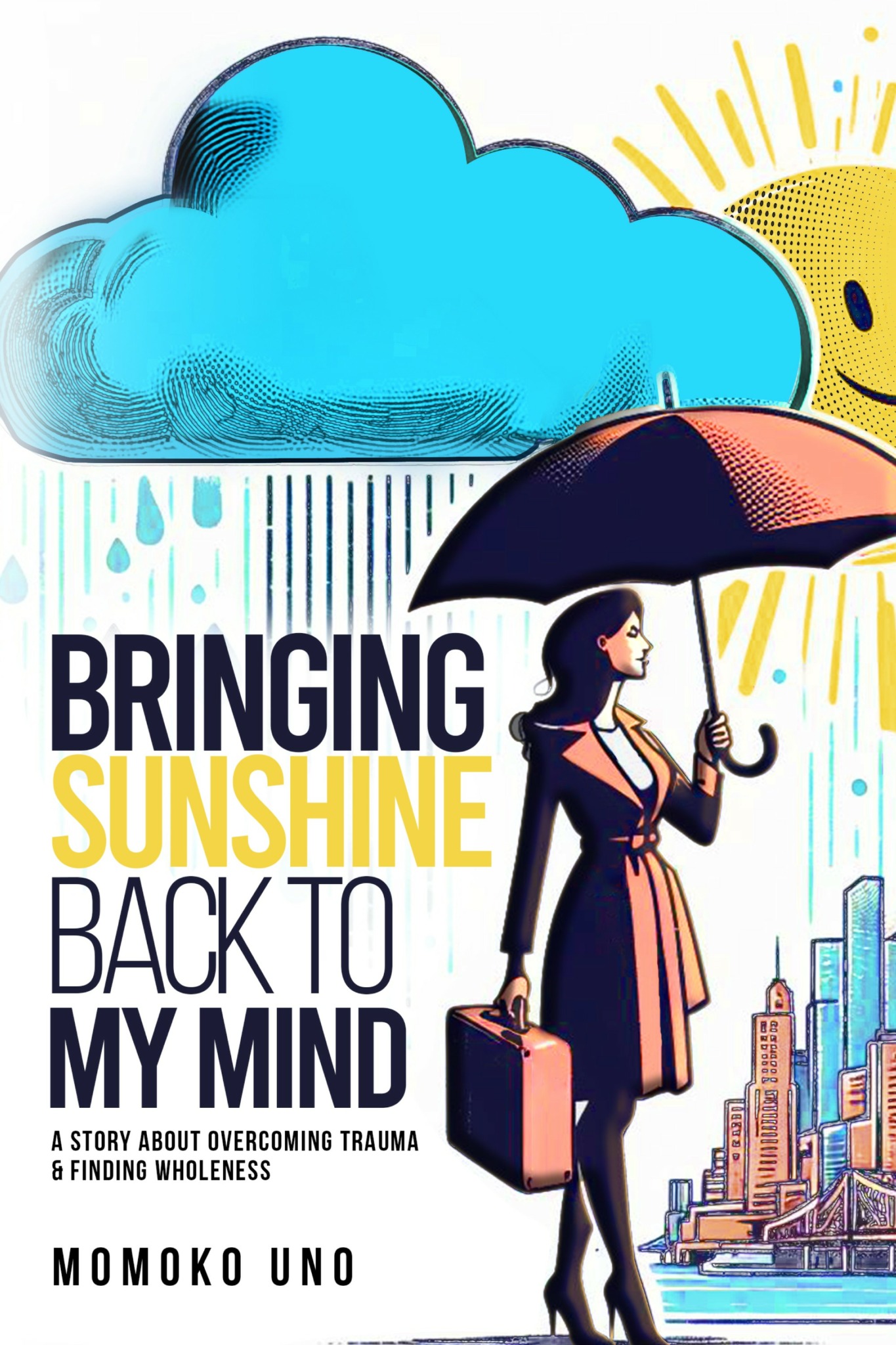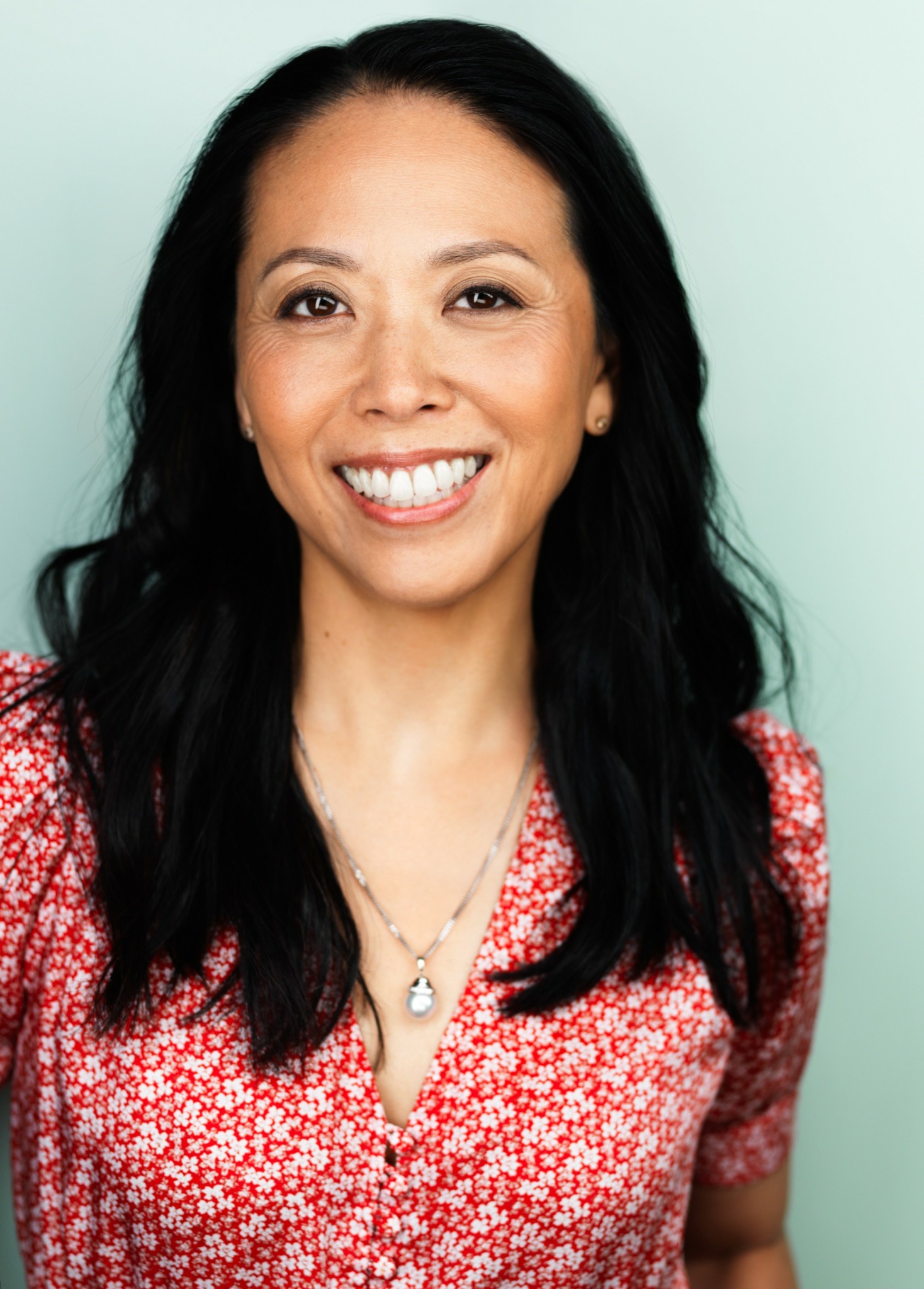Today we’d like to introduce you to Momoko Uno.
Hi Momoko, please kick things off for us with an introduction to yourself and your story.
Nearly thirty years ago, I arrived in the United States with just two suitcases and borrowed money. I started out in a tiny studio in Los Angeles, equipped with only a mini fridge and a hotplate, before moving to New York City. There, I lived in a room smaller than my studio, where rats outnumbered roommates—but at least I had a real sink. A decade later, I opened Omni Wellness, a multidisciplinary wellness center in New York City, and more recently founded Edesia Gourmet, a startup specializing in pureed foods for people with swallowing difficulties. Along the way, my living situation improved, replacing rats and cockroaches with children and many pets.
One thing I’ve learned is that happiness has nothing to do with my paycheck. While living in poverty for many years was stressful, my sense of self has remained unchanged. What I still value most are my close connections, family, and doing what I love—practicing medicine, writing, dancing, and contributing in ways that I hope are as meaningful to others as they are to me.
We all face challenges, but looking back would you describe it as a relatively smooth road?
A smooth road is nice, but that’s not how I’d describe my journey. I took the scenic route, barely clinging to the cliffside and trekking through torrential downpours. It was terrifying, exciting, and exhilarating, and at times, I wasn’t sure I’d make it through alive. Along the way, I’ve faced many failures, but I’d like to think I’ve learned how to fail well—by learning from my mistakes. Luckily, there were plenty of mistakes to learn from, offering countless opportunities for growth.
I’ve always loved to write, but back in high school, I received a C- in creative writing and was told to focus on science—just not the medical field, since I was too “dumb” to be a doctor. I wasn’t a good listener either, but I went to medical school anyway and eventually published two books, with more on the way. It’s incredible how much we can improve when we love what we do and give ourselves permission to pursue our dreams.
I’ve also learned that saying sorry is tough, but life becomes much easier when we admit we’re not perfect. I often share stories of my missteps in the hopes that others might embrace their imperfections too—being perfect is just so exhausting. So what if I faceplant with both legs in the air (as long as my pants don’t rip)? I just get up, blame my shoes for failing me, and keep going. A few blocks later, I’ll apologize to my shoes.
Thanks for sharing that. So, maybe next you can tell us a bit more about your work?
When I was five, I was most proud of my snot collection. As an adult, what I’m most proud of is that I’m only slightly embarrassed to share this fact.
As a doctor of integrative medicine with a master’s in spiritual psychology, much of my practice has focused on chronic illnesses complicated by complex trauma.
Holding onto secrets and shame takes an immense amount of energy—energy that most of us need just to function and lead balanced lives. Untreated trauma tends to bleed into different areas of our lives. However, in the right environment, people can move toward healing more quickly than expected.
I’ve had many pets with traumatic pasts, and I’ve learned that with a calm environment and enough space, most of them heal over time. I believe this is true for people as well.
It’s been my greatest honor to work with individuals who have found their own paths to more fulfilling lives. What I’ve learned is that my own happiness comes from seeing others healthy and happy.
We love surprises, fun facts and unexpected stories. Is there something you can share that might surprise us?
My mother always wanted me to be a performer. At the age of three, I started piano lessons. My earliest memory is falling asleep while playing and hitting my head on the keyboard. Then, I began taking singing lessons. I quickly realized I had a good ear for tone, but I struggled with maintaining tonal consistency, which frustrated me because I was constantly singing off-key. So, I gave up singing.
Next, my mother decided I should try dancing. Unlike singing, which I dreaded, I loved to dance. Unfortunately, my dancing skills were just as lacking as my singing. What I discovered, though, was that I didn’t mind being a bad dancer—I kept at it anyway. I got better, though not great. No one would pay me to dance; in fact, they might pay me to stop. But I danced for myself.
Dancing is also a powerful tool for healing, as trauma tends to get trapped in the body. I always recommend that my patients practice their own “happy dance” every day.”
Contact Info:
- Website: www.momokowrites.com www.omniwellnessnyc.com


Image Credits
Jessica Osber


